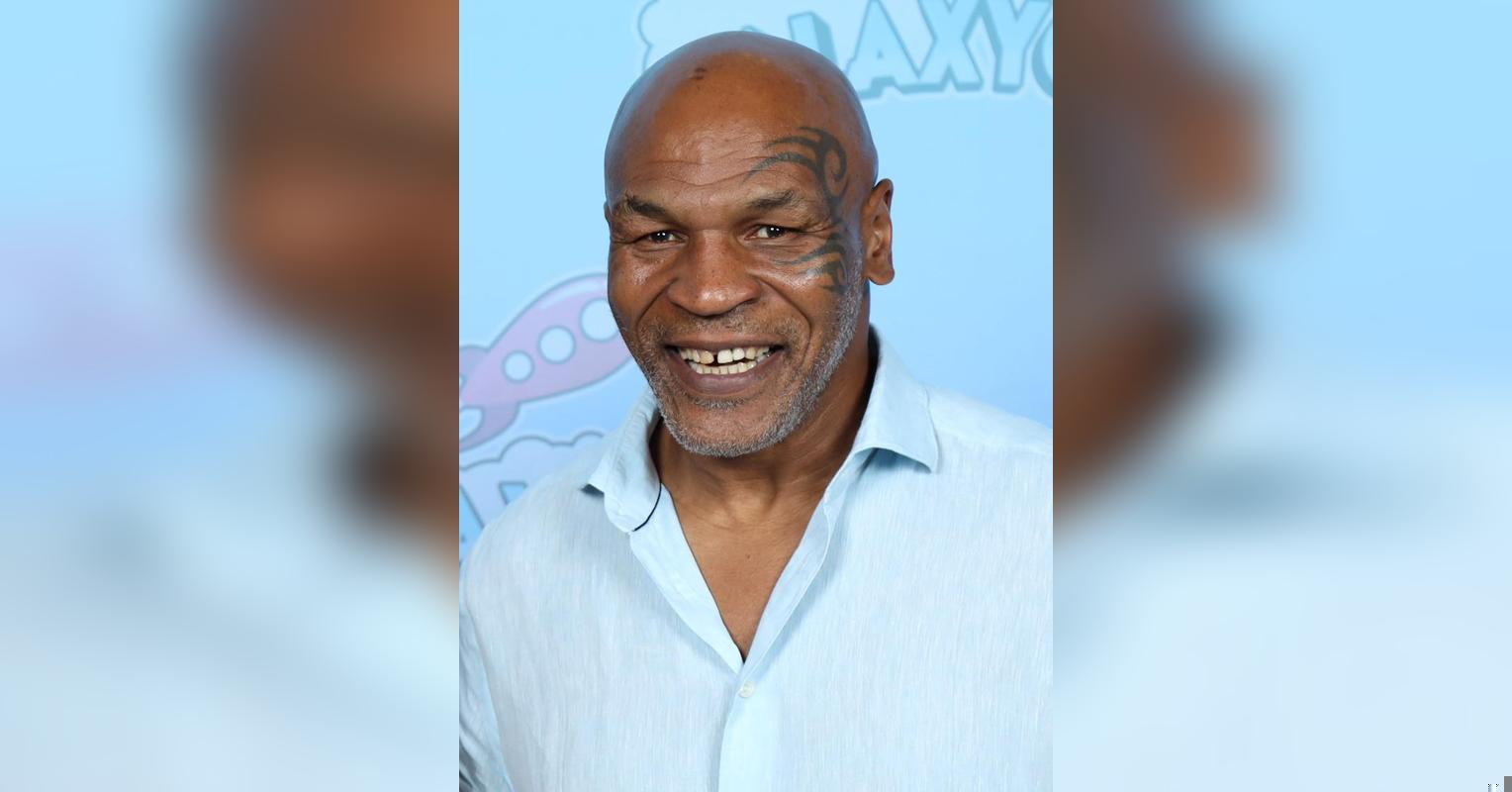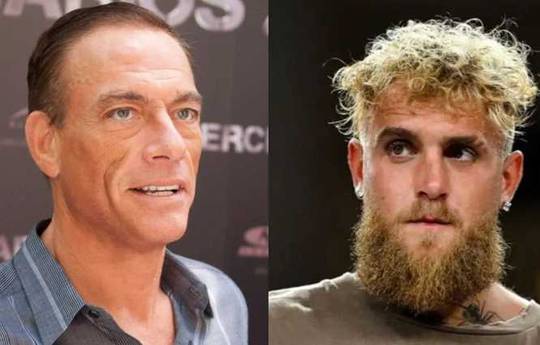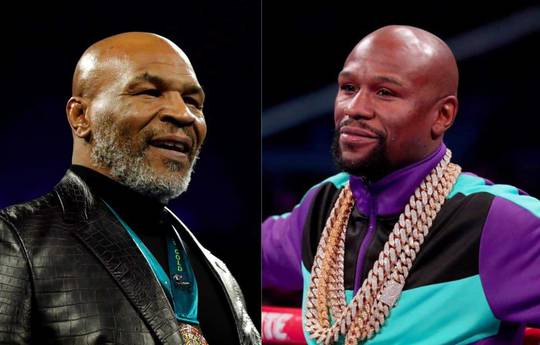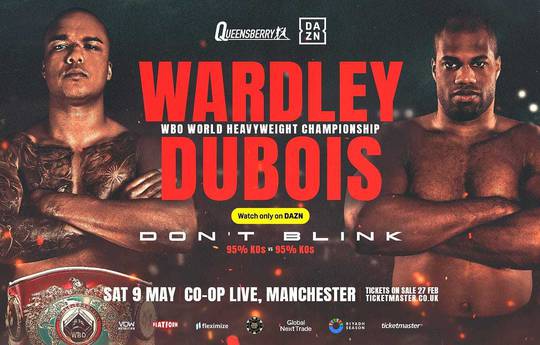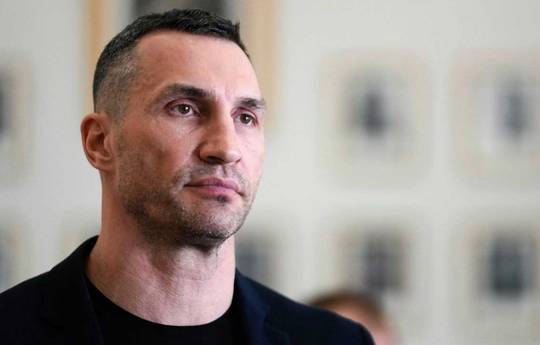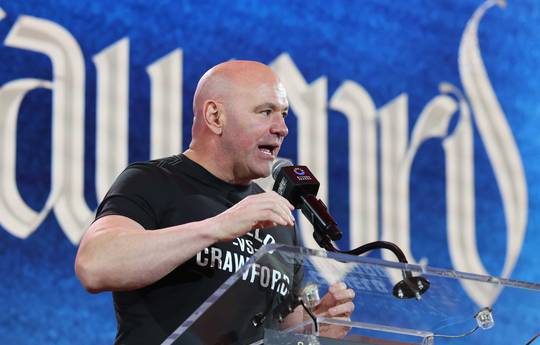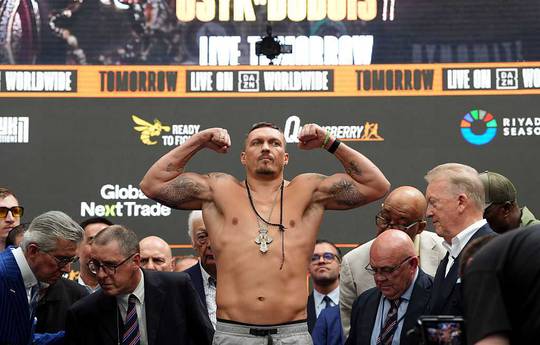Larry Holmes, the former heavyweight champion, recently opened up about his regret over fighting Mike Tyson in 1988. The legendary boxer admitted he came out of retirement solely for the money.
Holmes, known as "The Easton Assassin," had a stellar career as the world heavyweight champion from 1978 to 1985. He racked up impressive victories against boxing greats like Muhammad Ali and Earnie Shavers. But his decision to step back into the ring against Tyson proved to be a mistake.
Tyson was a force to be reckoned with in the boxing world. He started his professional career with 19 consecutive knockout victories, establishing himself as one of the most ferocious heavyweights in history. In 1986, Tyson knocked out Trevor Berbick in the second round to become the WBC heavyweight champion. At just 20 years old, he set a record as the youngest heavyweight champion ever - a feat that stands to this day.
Tyson didn't stop there. He went on to defeat James Smith for the WBA title and Tony Tucker for the IBF belt, becoming the undisputed heavyweight champion.
It was against this backdrop that Holmes decided to come out of retirement in 1988 to face Tyson. The fight ended with Tyson stopping Holmes, a decision Holmes now regrets.
"I shouldn't have come out of retirement against him. I fought Mike Tyson and I lost. He stopped me."
Despite the loss, Holmes acknowledged Tyson's punching power:
"Tyson could punch, you can't take that away from him."
Holmes believes the outcome might have been different if he had faced Tyson in his prime:
"He would stand in front of you, try and push you against the ropes, but he wouldn't have been able to do that to me in my prime. I would have beaten him."
When asked about his motivation for coming out of retirement, Holmes was candid:
"Money. It's the money."
Holmes' candid admission in an interview with The Telegraph sheds light on the financial pressures that can drive even legendary boxers to make decisions they later regret. His story serves as a reminder of the complex realities faced by athletes, even after they've hung up their gloves.
